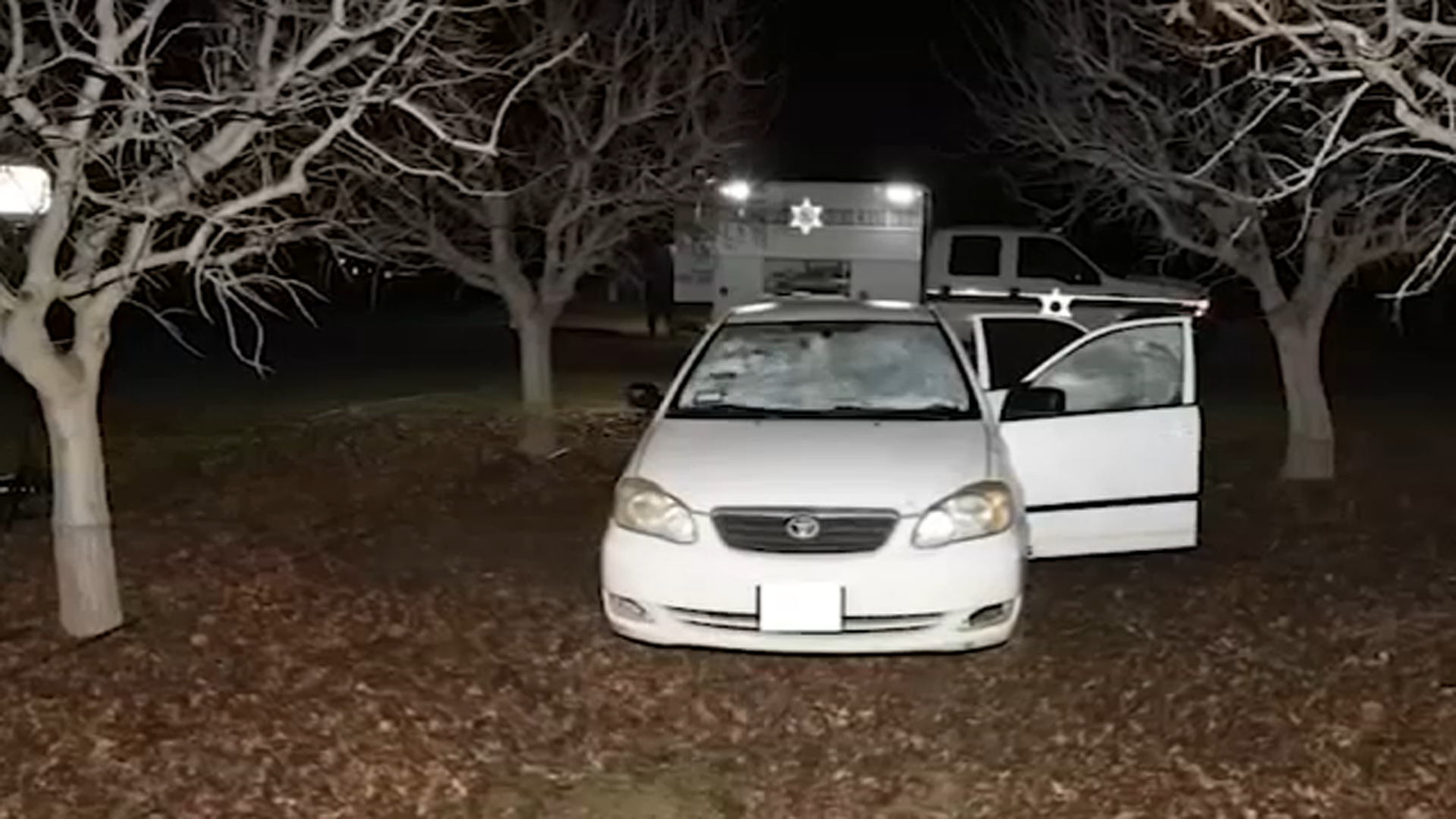Aphasia: Loss of Language

MIAMI. (KFSN) -- Imagine waking up one day unable to speak. It's a devastating disorder. See how music is helping those suffering the loss of language.
"She's fluent in two languages, Spanish and French," said Richard Blumberg.
But after 50 years of marriage, Richard's wife, Estelle started stumbling when she talked.
"She would screw up her pronouns, she'd say you need to go to the store, when she meant herself, she needed to go to the store," detailed Richard.
Estelle was diagnosed with primary progressive aphasia.
Fred DiCarlo, Ed.D, CCC-SLP, an assistant professor and clinical supervisor in the department of speech and language pathology at Nova Southeastern University, explained "Aphasia is basically the loss of language."
Professor DiCarlo said the disorder shuts down your ability to speak.
"You want to say something to somebody and the word just doesn't come," DiCarlo told Ivanhoe.
But he said they hide what's happening by using "cocktail speech."
"So they're able to socialize, mingle and say the words here and there, and people don't really notice," said DiCarlo.
But over time, they can't fake it and lose the ability to speak as well as to understand and remember.
Aphasia hit Gary Green after he suffered a stroke.
Professor DiCarlo and his students created a dance contest building on the success of melodic intonation therapy, which converts singing into speech to help with memory and verbalization, "Where you use melody, introduce the melody to words," detailed DiCarlo.
Estelle's breakthrough came with the words to her favorite frank Sinatra song!
Richard said, "Whenever I look at her and she's smiling I feel good," keeping those who lose their words in the rhythm of life.
Researchers from the University of Illinois compared three groups of older adults who walked briskly, stretched, or took dance classes. The first two groups had degeneration in the brain but the group that danced had improved processing speed and memory.








